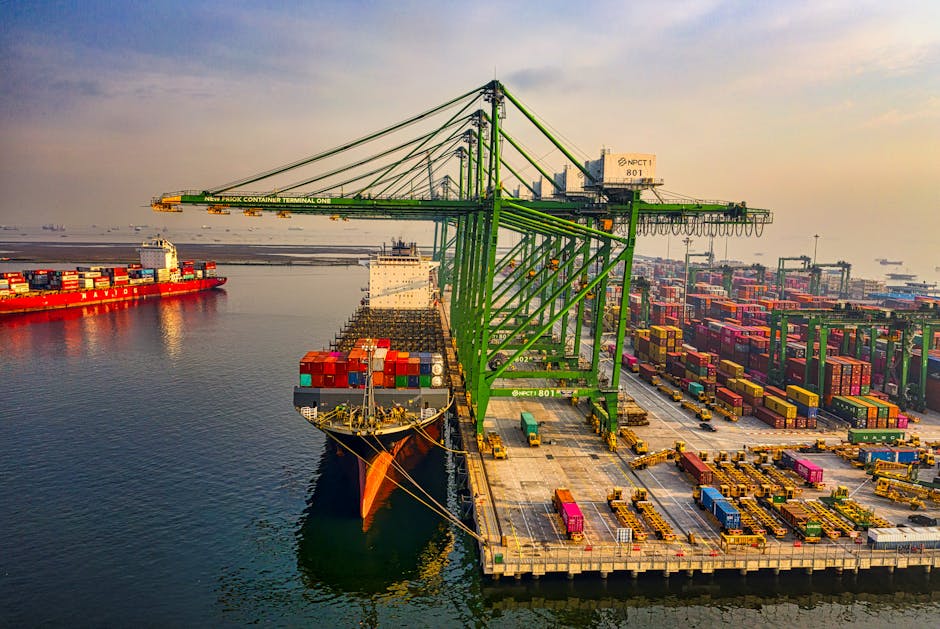Interesting Research on – What No One Ever Told You
 The Role of a Freight Broker in the Logistics Industry
The Role of a Freight Broker in the Logistics Industry
Freight brokers play a vital role in the logistics industry by connecting shippers and carriers to facilitate the movement of goods. They act as intermediaries, negotiating transportation services and ensuring the smooth and efficient delivery of goods from point A to point B. In this article, we will explore the responsibilities of a freight broker and the benefits they bring to the supply chain.
One of the primary responsibilities of a freight broker is to establish and maintain relationships with both shippers and carriers. They work closely with shippers to understand their shipping needs, the type of goods to be transported, and any special requirements. On the other hand, they collaborate with carriers to identify available capacity, negotiate rates, and ensure timely transportation. By building these relationships, freight brokers become a trusted partner for both parties, streamlining the shipping process.
Another crucial role of a freight broker is finding the most cost-effective and efficient transportation solutions for their clients. With access to a vast network of carriers, brokers can match the specific requirements of each shipment with the most suitable carrier. They consider various factors such as transit time, cargo size, and delivery location to optimize the logistics process. This expertise allows shippers to save time and money by outsourcing their transportation needs to professionals.
Furthermore, freight brokers handle all the necessary paperwork and documentation involved in the transportation process. They prepare bills of lading, shipping contracts, and customs documents, ensuring compliance with legal and regulatory requirements. This paperwork can be complex and time-consuming, but brokers have the knowledge and experience to complete it accurately and efficiently. This relieves shippers and carriers from administrative burdens and allows them to focus on their core business operations.
In conclusion, freight brokers play a crucial role in the logistics industry by connecting shippers and carriers, finding the most suitable transportation solutions, and handling all the necessary paperwork. Their expertise and extensive network enable them to streamline the shipping process, saving time and money for their clients. As the demand for efficient logistics solutions continues to grow, the role of freight brokers will remain essential in driving the smooth flow of goods across the supply chain.
Leave a Reply